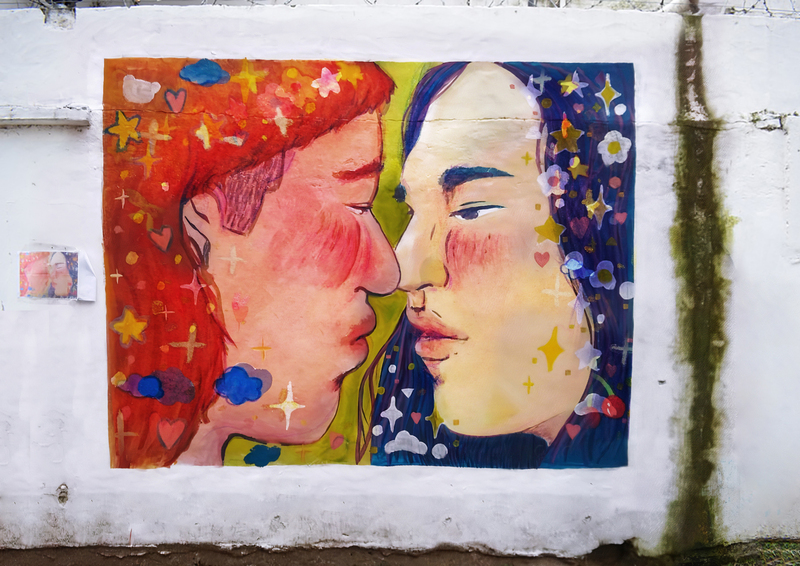Elementos
Spatial Coverage es exactamente
Argentina
-
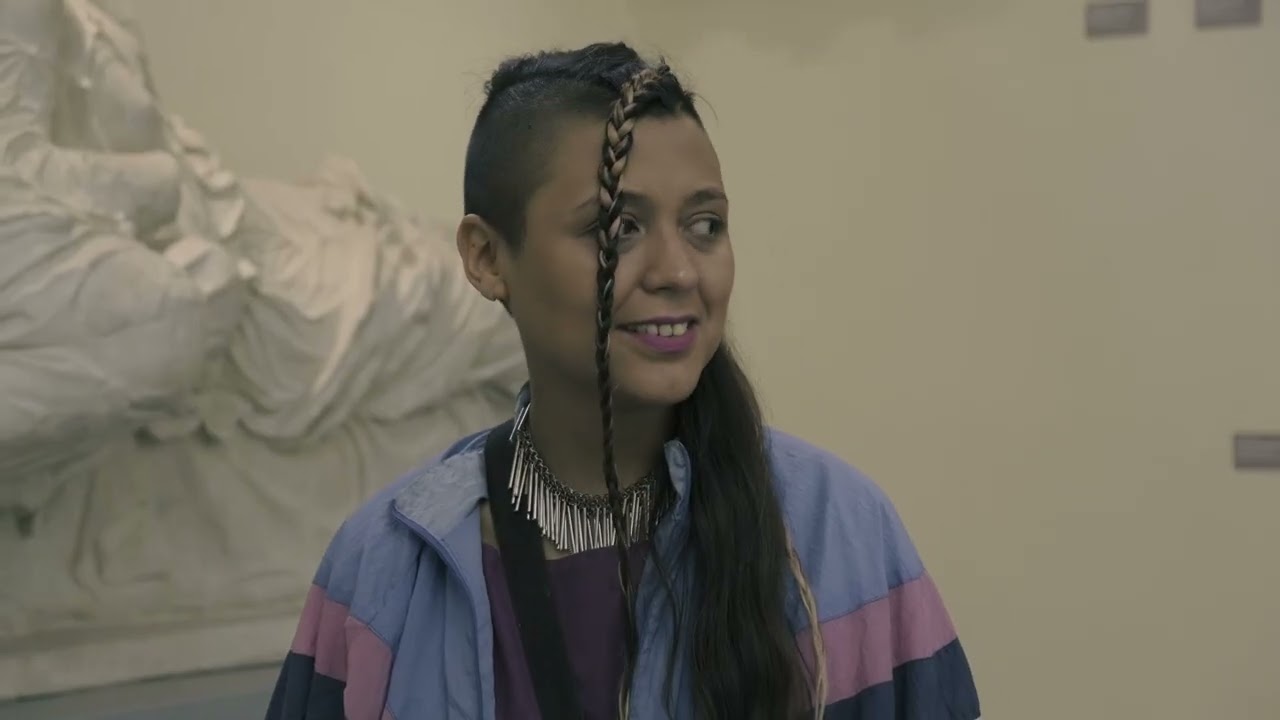 Traspasar las Puertas de Cristal del Museo Video made in Museo de Escultura Comparada la Cárcova, Buenos Aires
Traspasar las Puertas de Cristal del Museo Video made in Museo de Escultura Comparada la Cárcova, Buenos Aires -
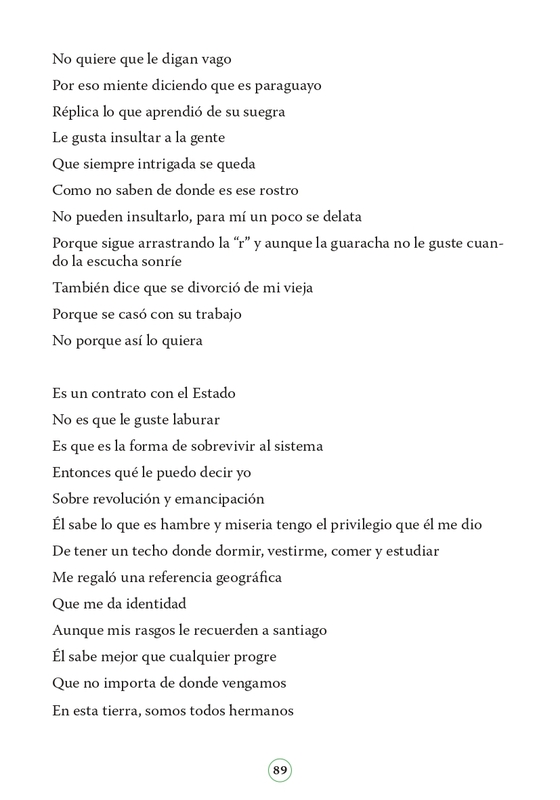 Marrones Escriben – Selection 9 A Marrón poem. From many places and none “He says that he would have liked to study But with hunger and heat, you can't think He longs for his little adobe house and the cot where he grew up” (Page 88).
Marrones Escriben – Selection 9 A Marrón poem. From many places and none “He says that he would have liked to study But with hunger and heat, you can't think He longs for his little adobe house and the cot where he grew up” (Page 88). -
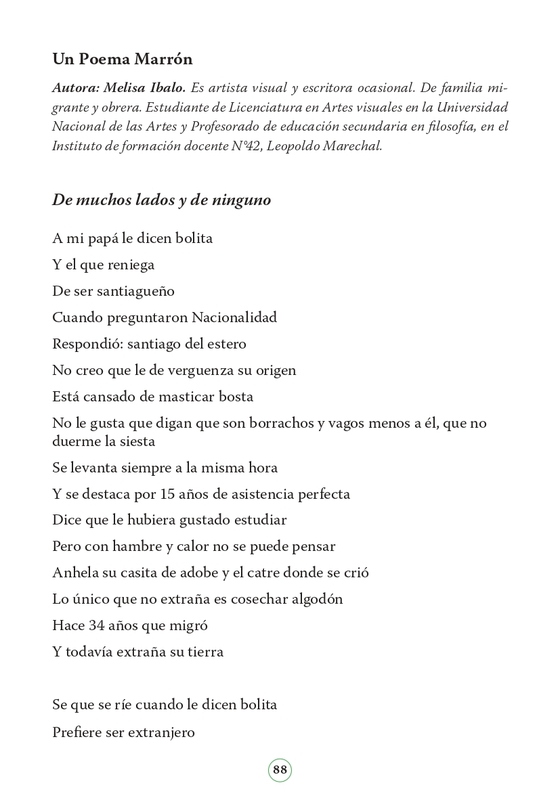 Marrones Escriben – Selection 8 A Marrón poem. From many places and none “He says that he would have liked to study But with hunger and heat, you can't think He longs for his little adobe house and the cot where he grew up” (Page 88
Marrones Escriben – Selection 8 A Marrón poem. From many places and none “He says that he would have liked to study But with hunger and heat, you can't think He longs for his little adobe house and the cot where he grew up” (Page 88 -
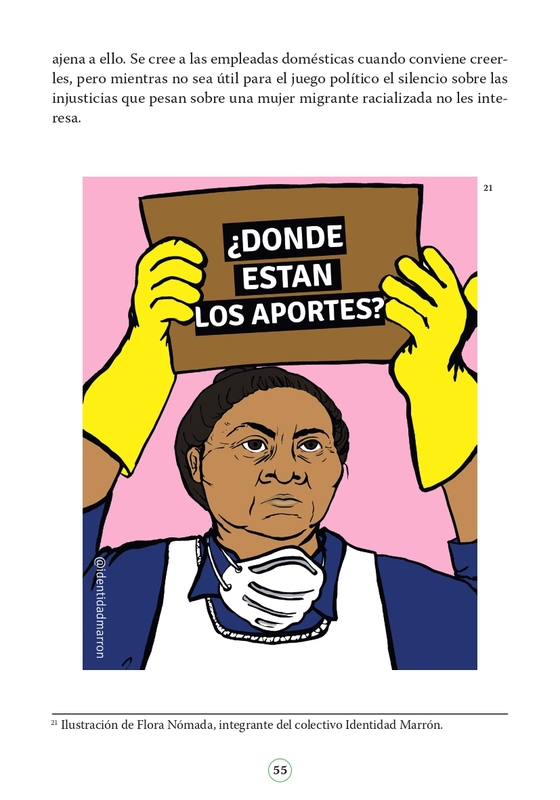 Marrones Escriben – Selection 7 “ We ask ourselves: where are the social security contributions? Where are the unpaid contributions that racialised people should have received? Domestic work is a feminised job. According to the state, 76.8% of domestic cleaners in Argentina are employed in precarious condition.” (Page 54)
Marrones Escriben – Selection 7 “ We ask ourselves: where are the social security contributions? Where are the unpaid contributions that racialised people should have received? Domestic work is a feminised job. According to the state, 76.8% of domestic cleaners in Argentina are employed in precarious condition.” (Page 54) -
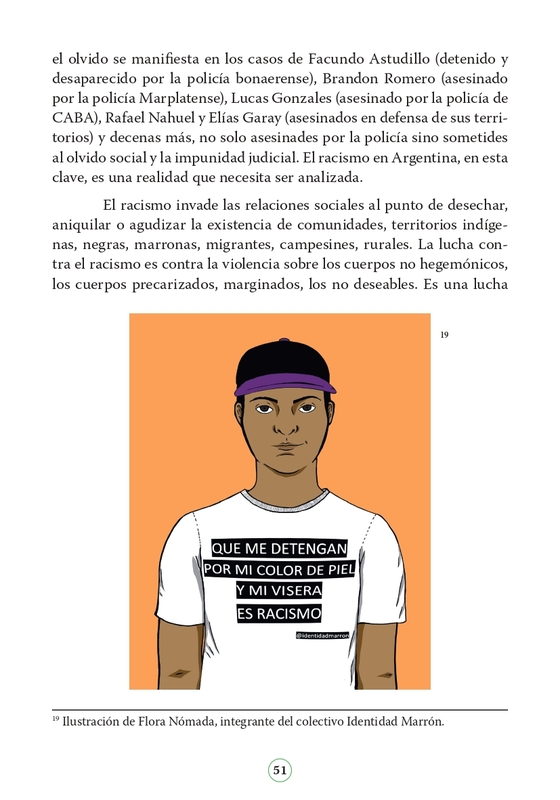 Marrones Escriben – Selection 6 “To denounce trigger-happy occurrences in Argentina as racist crimes is the first step towards addressing that police and institutional violence is exercised against non-white bodies.” (page 52)
Marrones Escriben – Selection 6 “To denounce trigger-happy occurrences in Argentina as racist crimes is the first step towards addressing that police and institutional violence is exercised against non-white bodies.” (page 52) -
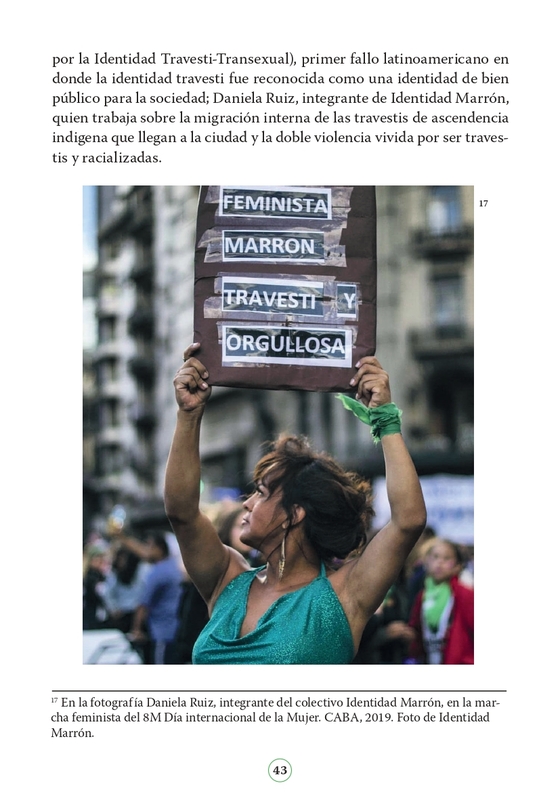 Marrones Escriben – Selection 5 “Lohana, Diana and Daniela have something in common: they are racialised transvestites who have opened up the discussion about the racialisation of the transvestite-trans identity – an often invisibilised fact that we must make it visible so rights can be demanded” (page 44)
Marrones Escriben – Selection 5 “Lohana, Diana and Daniela have something in common: they are racialised transvestites who have opened up the discussion about the racialisation of the transvestite-trans identity – an often invisibilised fact that we must make it visible so rights can be demanded” (page 44) -
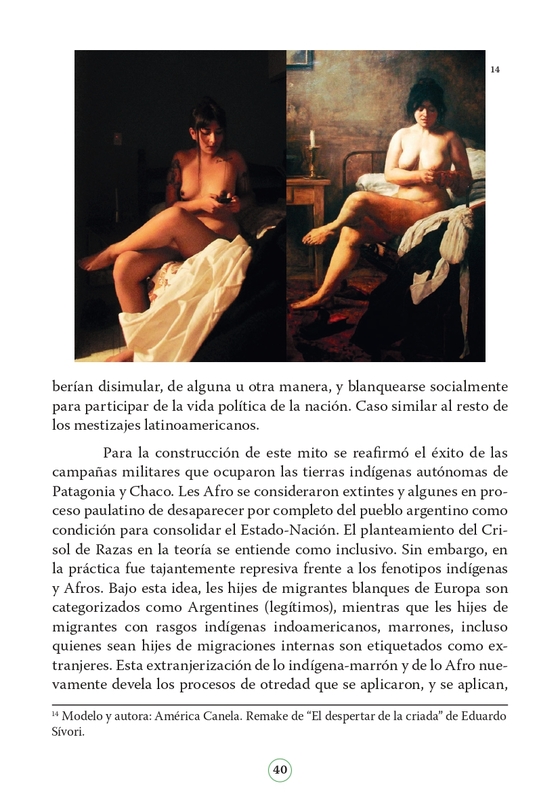 Marrones Escriben – Selection 4 “In Argentine cinema, for example, there is colourism in the way in which roles are assigned to the actors. Often actors who have a Marrón or indigenous phenotype are cast to play secondary roles” (Page 36)
Marrones Escriben – Selection 4 “In Argentine cinema, for example, there is colourism in the way in which roles are assigned to the actors. Often actors who have a Marrón or indigenous phenotype are cast to play secondary roles” (Page 36) -
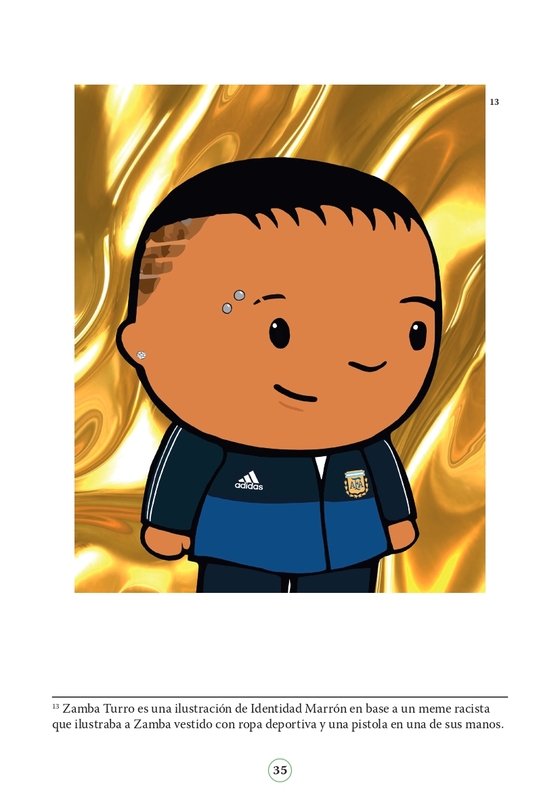 Marrones Escriben – Selection 3 "Whitening operates in the collective unconscious that demands more and more from the masses to be able to be on equal terms with an advertising capitalist market that constantly demands social whitening." (page 34)
Marrones Escriben – Selection 3 "Whitening operates in the collective unconscious that demands more and more from the masses to be able to be on equal terms with an advertising capitalist market that constantly demands social whitening." (page 34) -
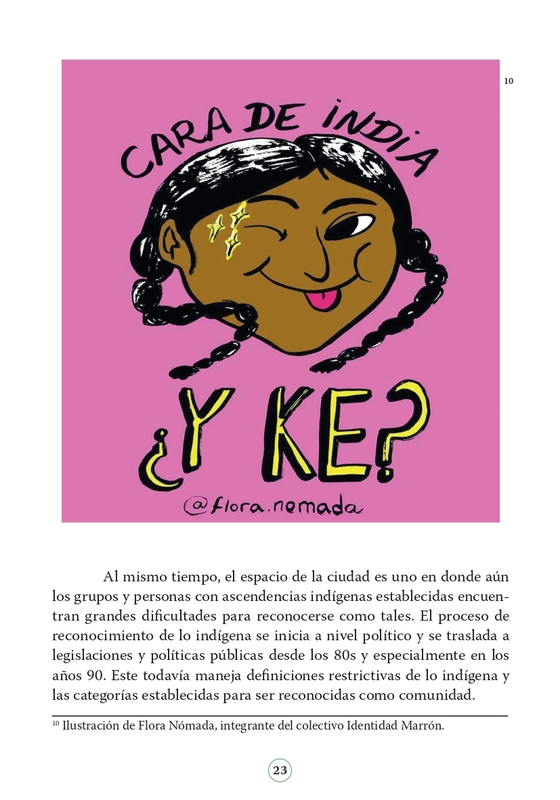 Marrones Escriben – Selection 2 “ Colourism becomes effective when, for example, social mobility and class are associated with European skin tones and phenotypes" (page 29)
Marrones Escriben – Selection 2 “ Colourism becomes effective when, for example, social mobility and class are associated with European skin tones and phenotypes" (page 29) -
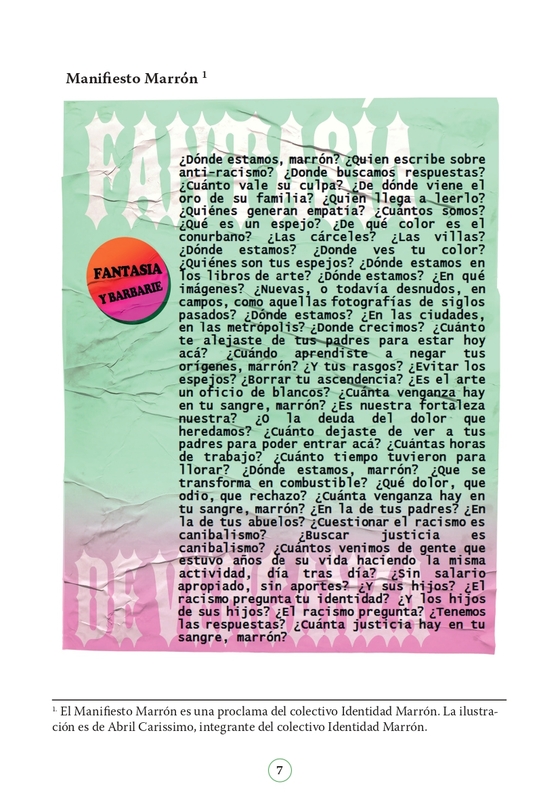 Marrones Escriben – Selection 1 ‘Where are we, the Marrones? Who writes about anti-racism? Where do we look for answers? How much is their guilt worth? Where does your family's gold come from? Who gets to read it? Who generates empathy? How many are ‘we? What is a mirror? What colour is the Buenos Aires conurbation? And the prisons? And the shantytowns? Where are we? Where do you see your colour?” (Page 7)
Marrones Escriben – Selection 1 ‘Where are we, the Marrones? Who writes about anti-racism? Where do we look for answers? How much is their guilt worth? Where does your family's gold come from? Who gets to read it? Who generates empathy? How many are ‘we? What is a mirror? What colour is the Buenos Aires conurbation? And the prisons? And the shantytowns? Where are we? Where do you see your colour?” (Page 7) -
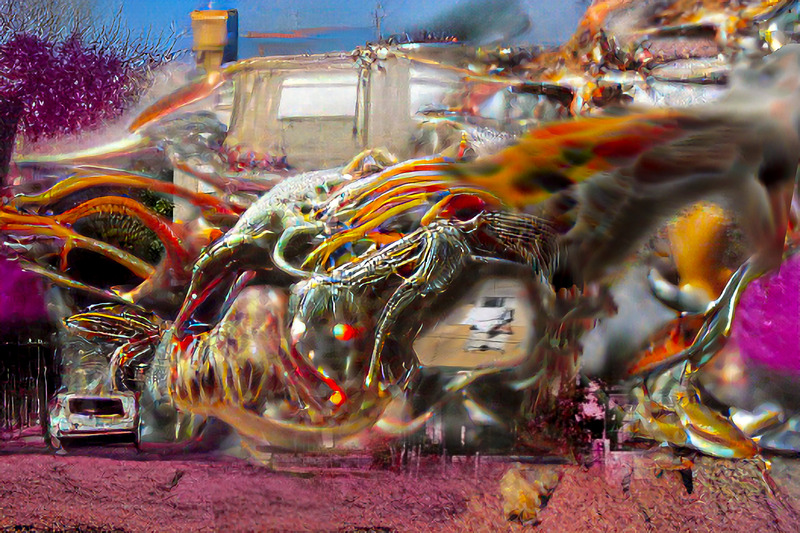 Engendro Digital collage
Engendro Digital collage -
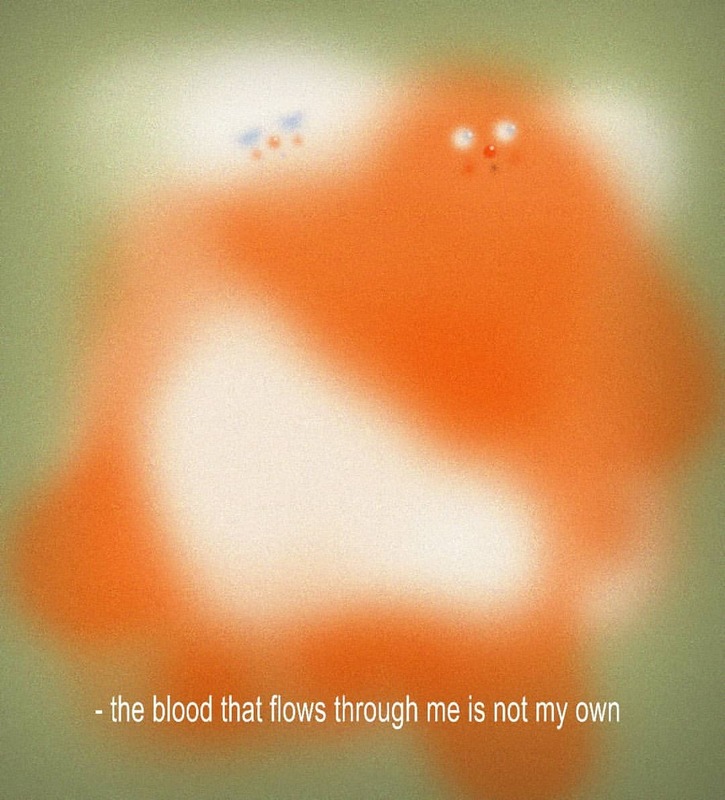 The blood Digital illustration
The blood Digital illustration -
 La útima hija de K'ojj - II 3-D animation
La útima hija de K'ojj - II 3-D animation -
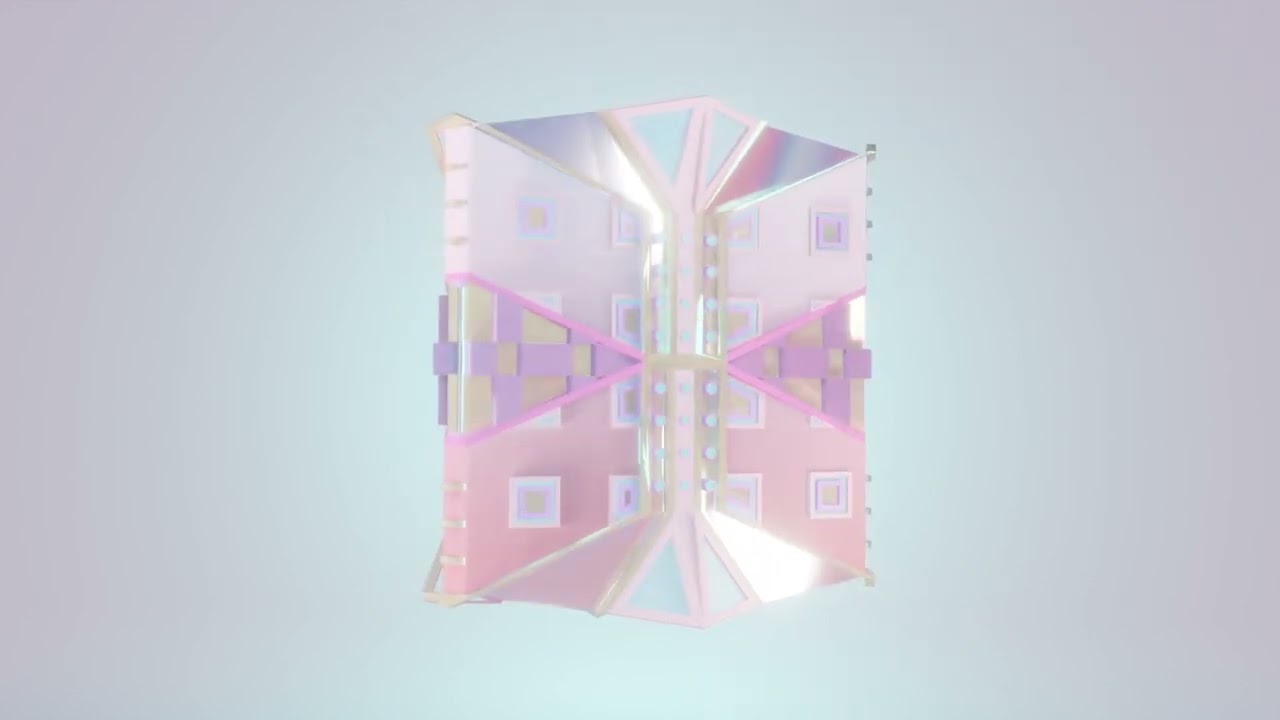 La útima hija de K'ojj - II 3-D animation
La útima hija de K'ojj - II 3-D animation -
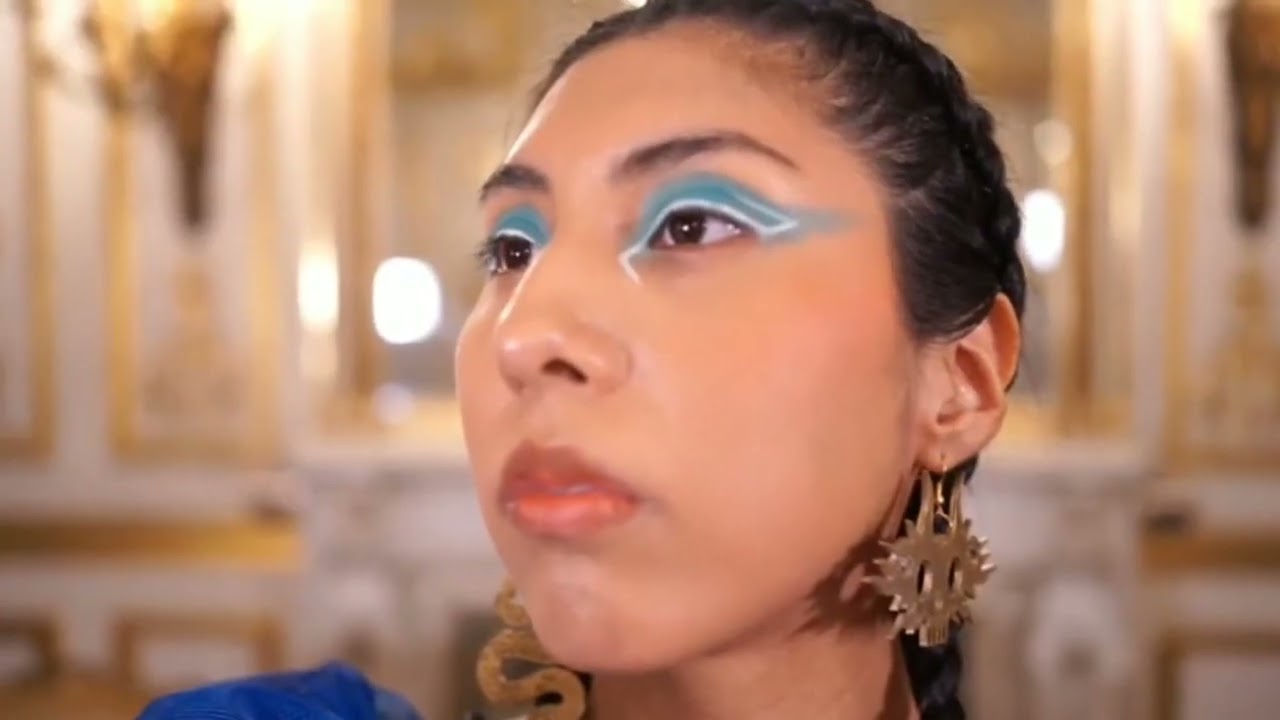 Raíces Textile design
Raíces Textile design -
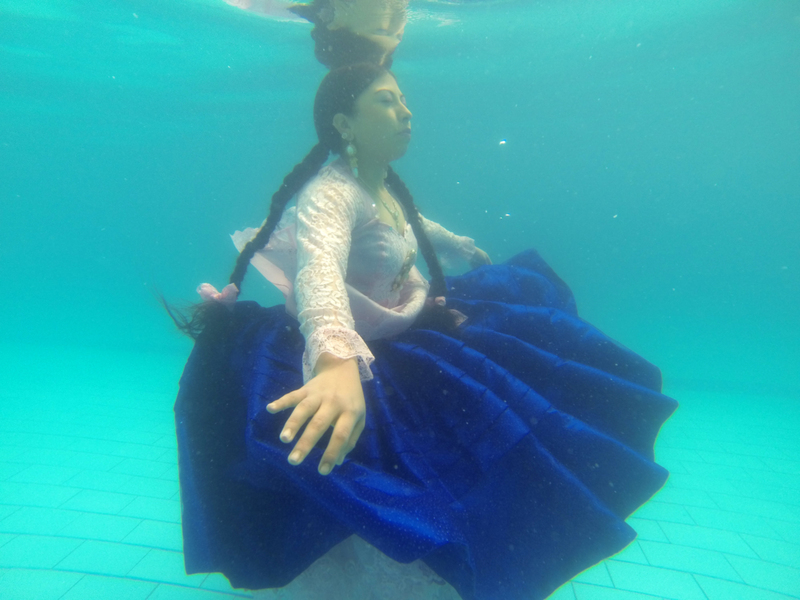 Sueña Photography
Sueña Photography -
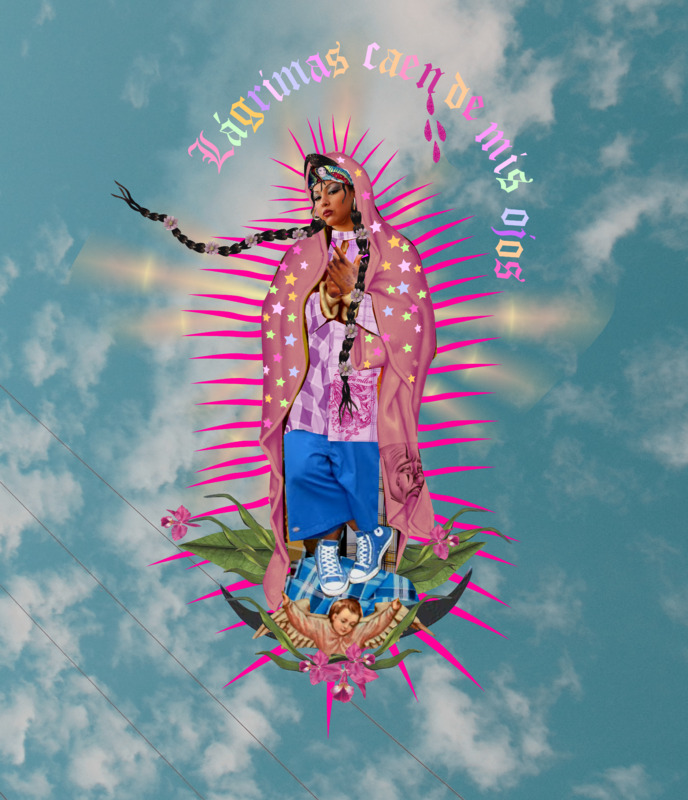 Lagrimas caen Digital collage
Lagrimas caen Digital collage -
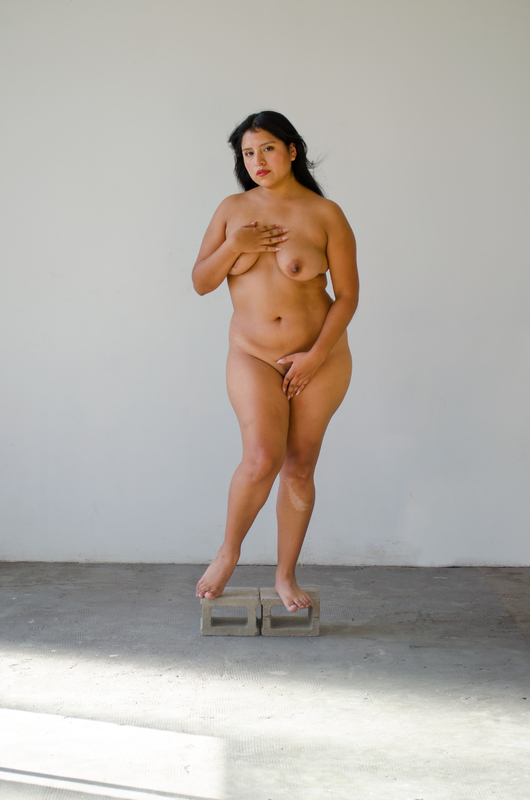 La Venus Marrona Digital photography
La Venus Marrona Digital photography -
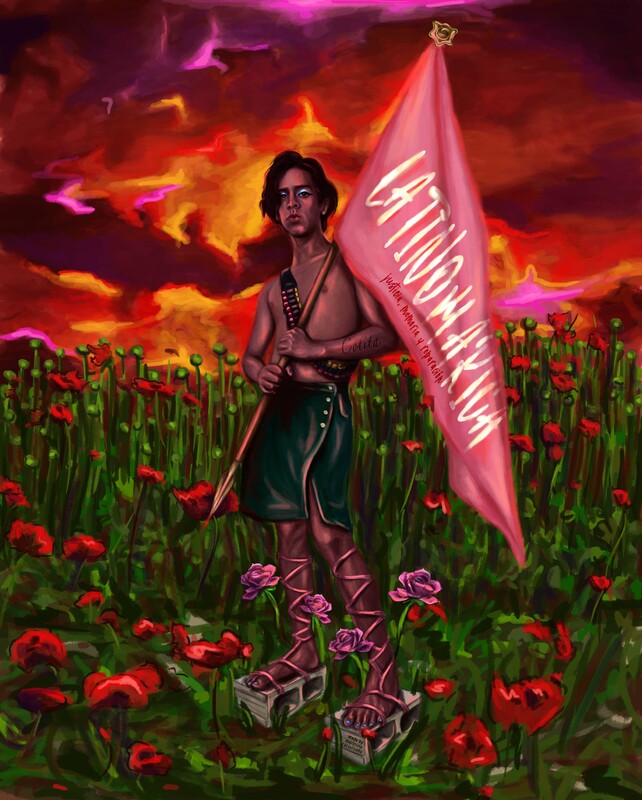 Latinomarica Digital paint
Latinomarica Digital paint -
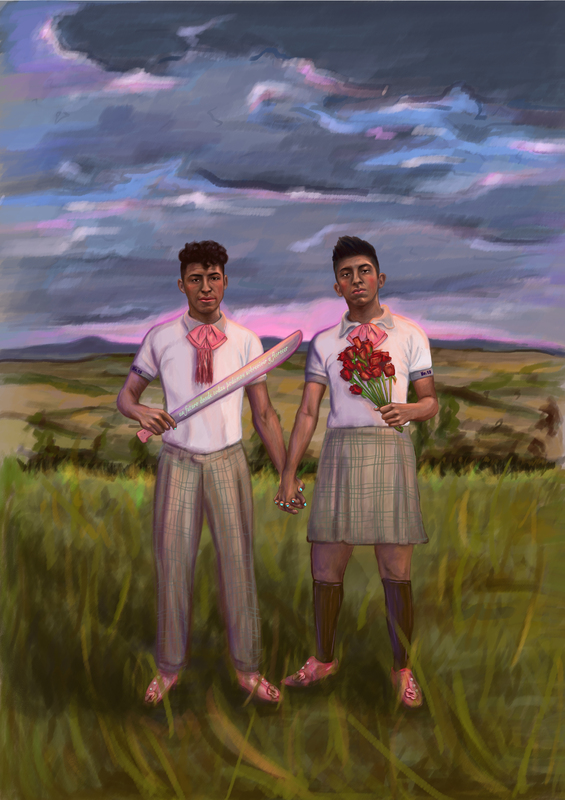 Uniforme Digital paint
Uniforme Digital paint -
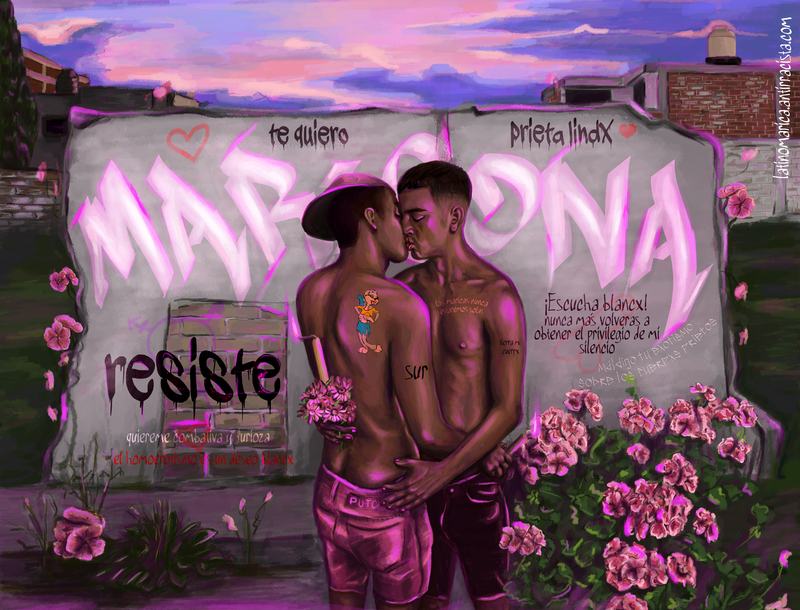 ¡Maricona resiste! Digital paint
¡Maricona resiste! Digital paint -
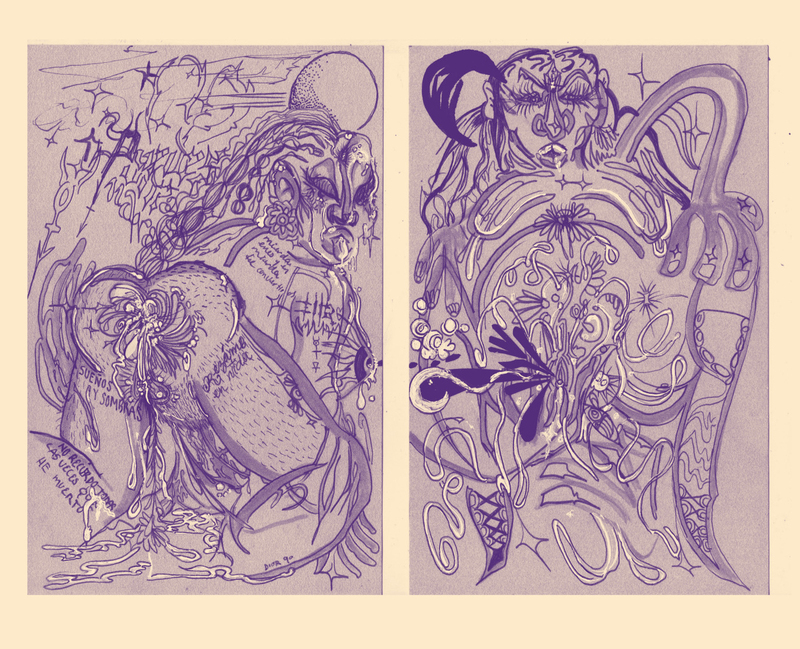 Luna (autoexistente) nueva flujo natural Illustration in ....
Luna (autoexistente) nueva flujo natural Illustration in .... -
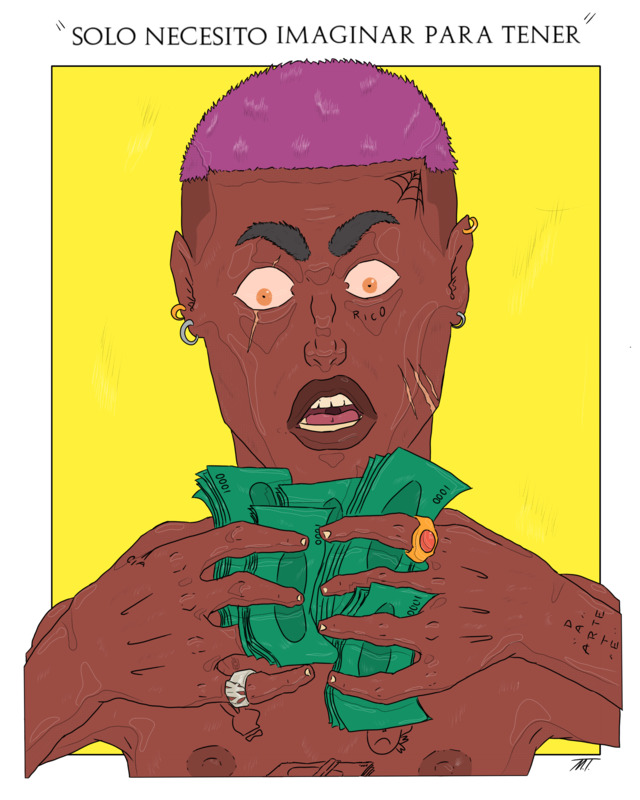 Solo necesito imaginar para tener Digital Drawing
Solo necesito imaginar para tener Digital Drawing -
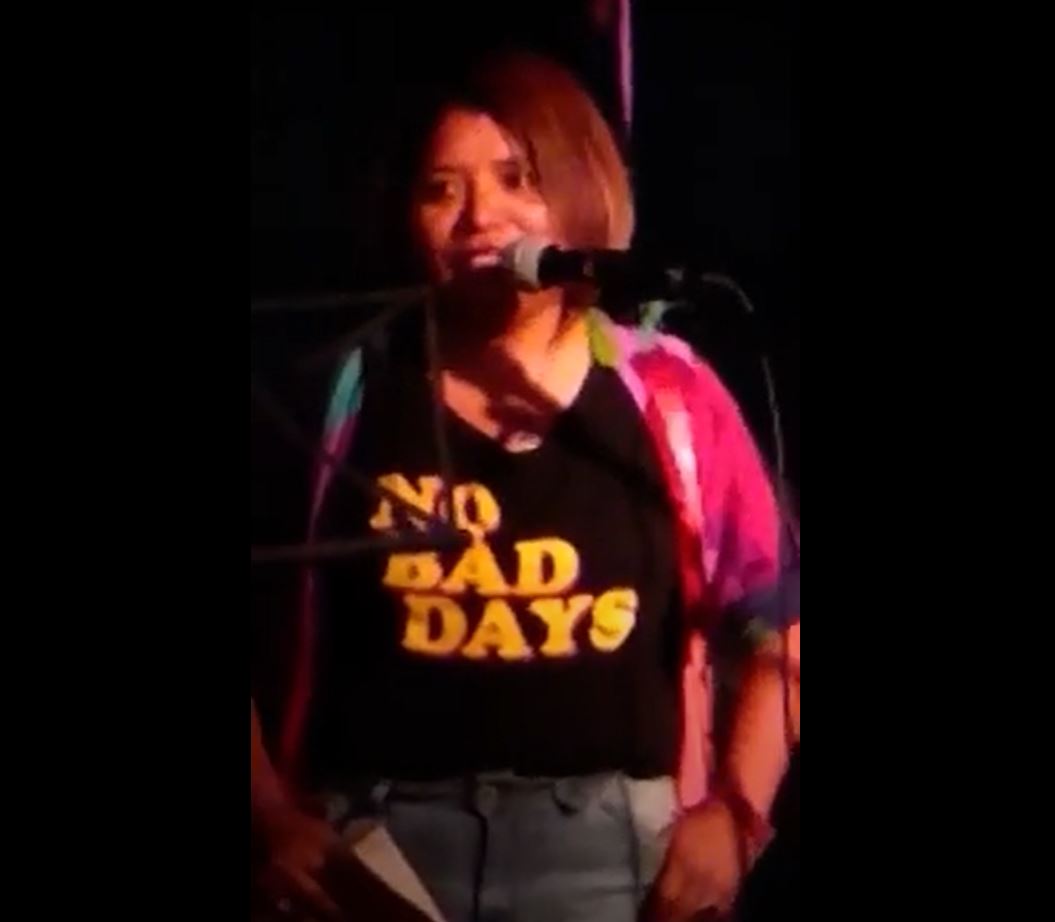 wht trsh Glitch video art based on cell phone videos and whatsapp audios
wht trsh Glitch video art based on cell phone videos and whatsapp audios -
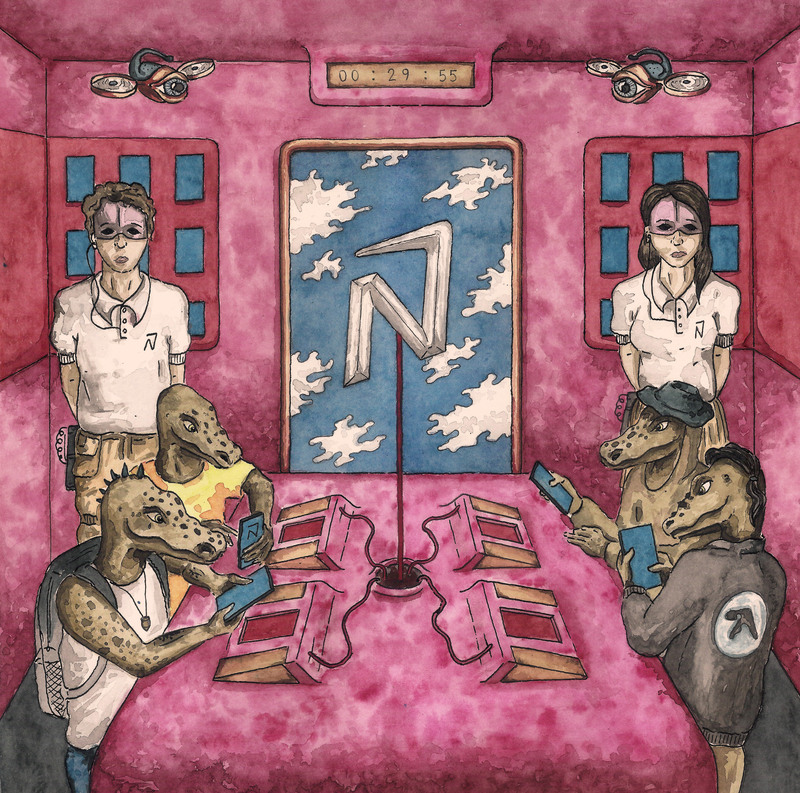 Observación Painting on paper
Observación Painting on paper -
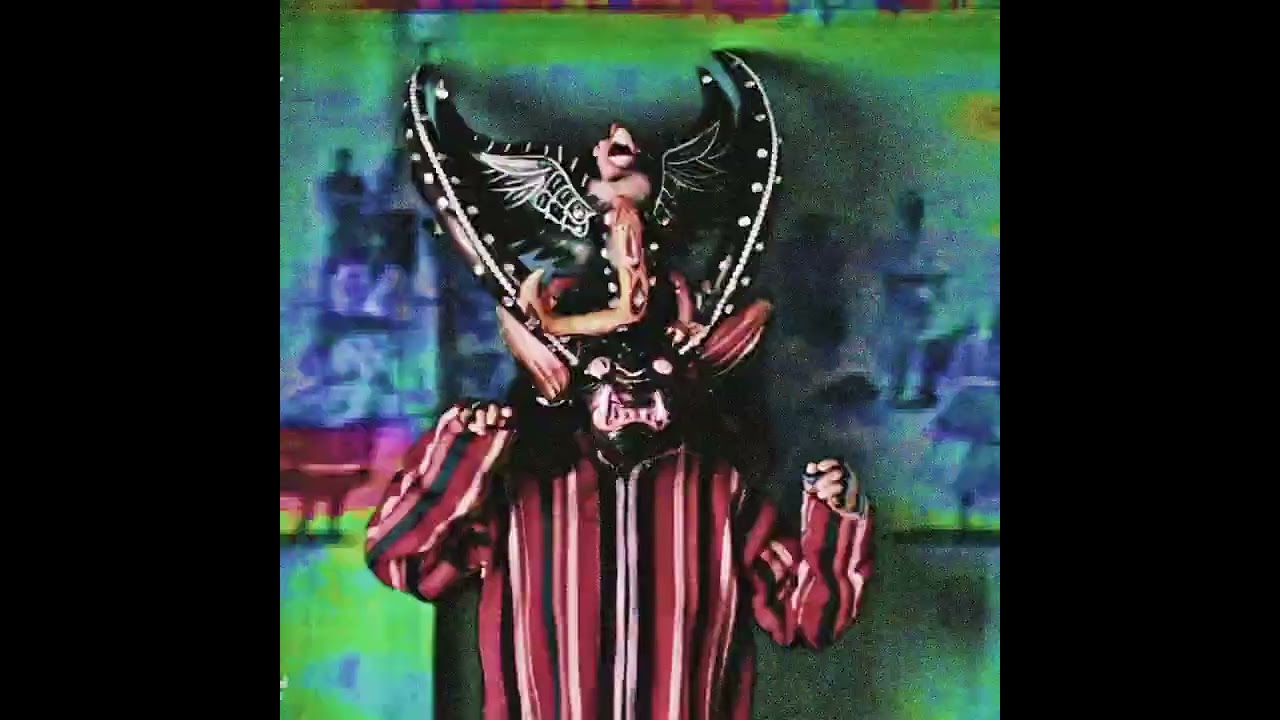 El Danzante Experimental video with edited images taken from the internet and a performative action by the artist
El Danzante Experimental video with edited images taken from the internet and a performative action by the artist -
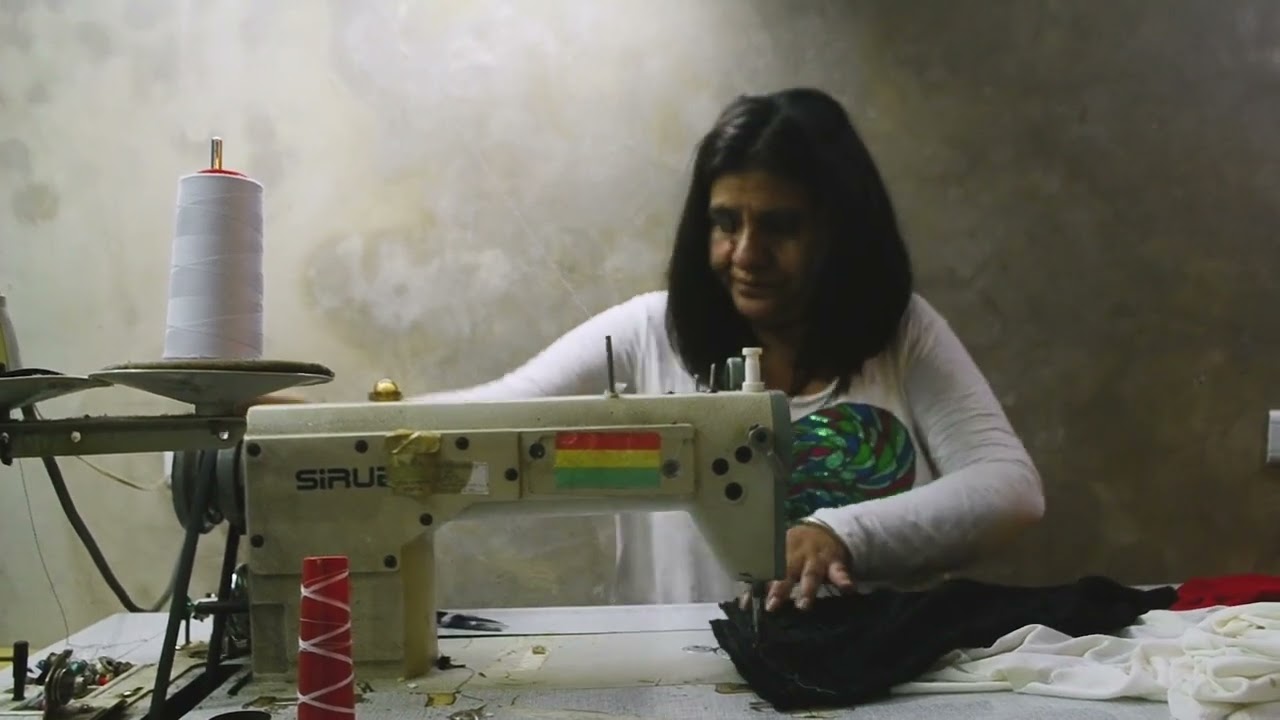 Abrazando los derechos Video art duration 4 min.
Abrazando los derechos Video art duration 4 min. -
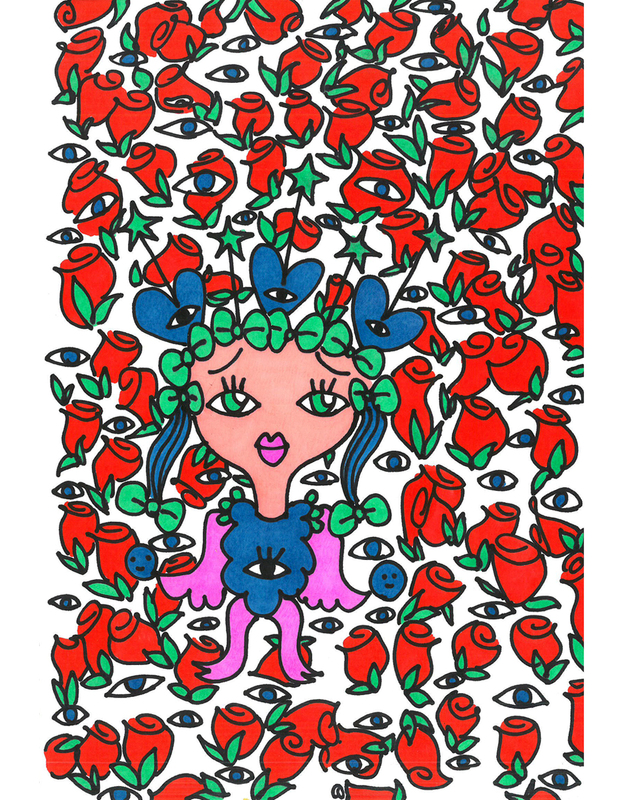 Una niña preocupada por el deseo Drawing on A4 paper made with marker pens
Una niña preocupada por el deseo Drawing on A4 paper made with marker pens -
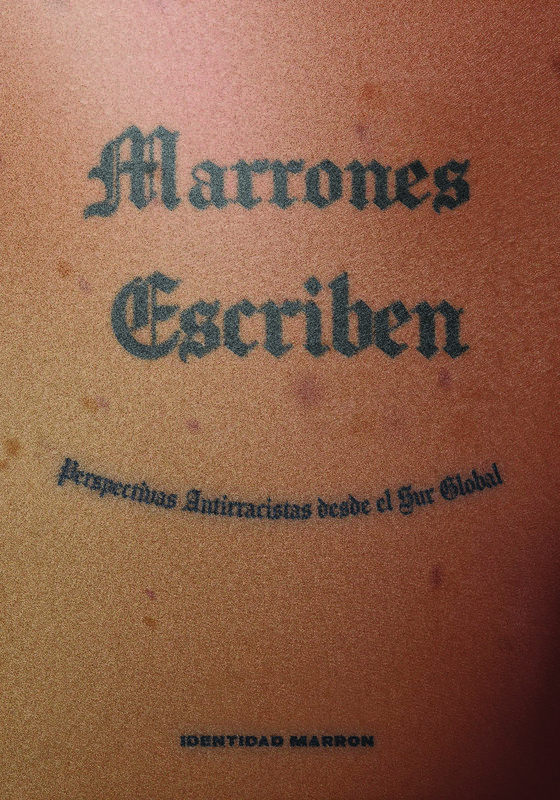 Marrones Escriben A book, edited by Ana Vivaldi and Pablo Cossio, that is an anti-racist introduction to "Marron" identity, with essays and poetry and pedagogic orientation on anti-racism and art by members of Identidad Marron (an artist collective). This is material prepared (with CARLA support) for use in schools, etc. The book comprises photos, paintings, drawings, etc.
Marrones Escriben A book, edited by Ana Vivaldi and Pablo Cossio, that is an anti-racist introduction to "Marron" identity, with essays and poetry and pedagogic orientation on anti-racism and art by members of Identidad Marron (an artist collective). This is material prepared (with CARLA support) for use in schools, etc. The book comprises photos, paintings, drawings, etc. -
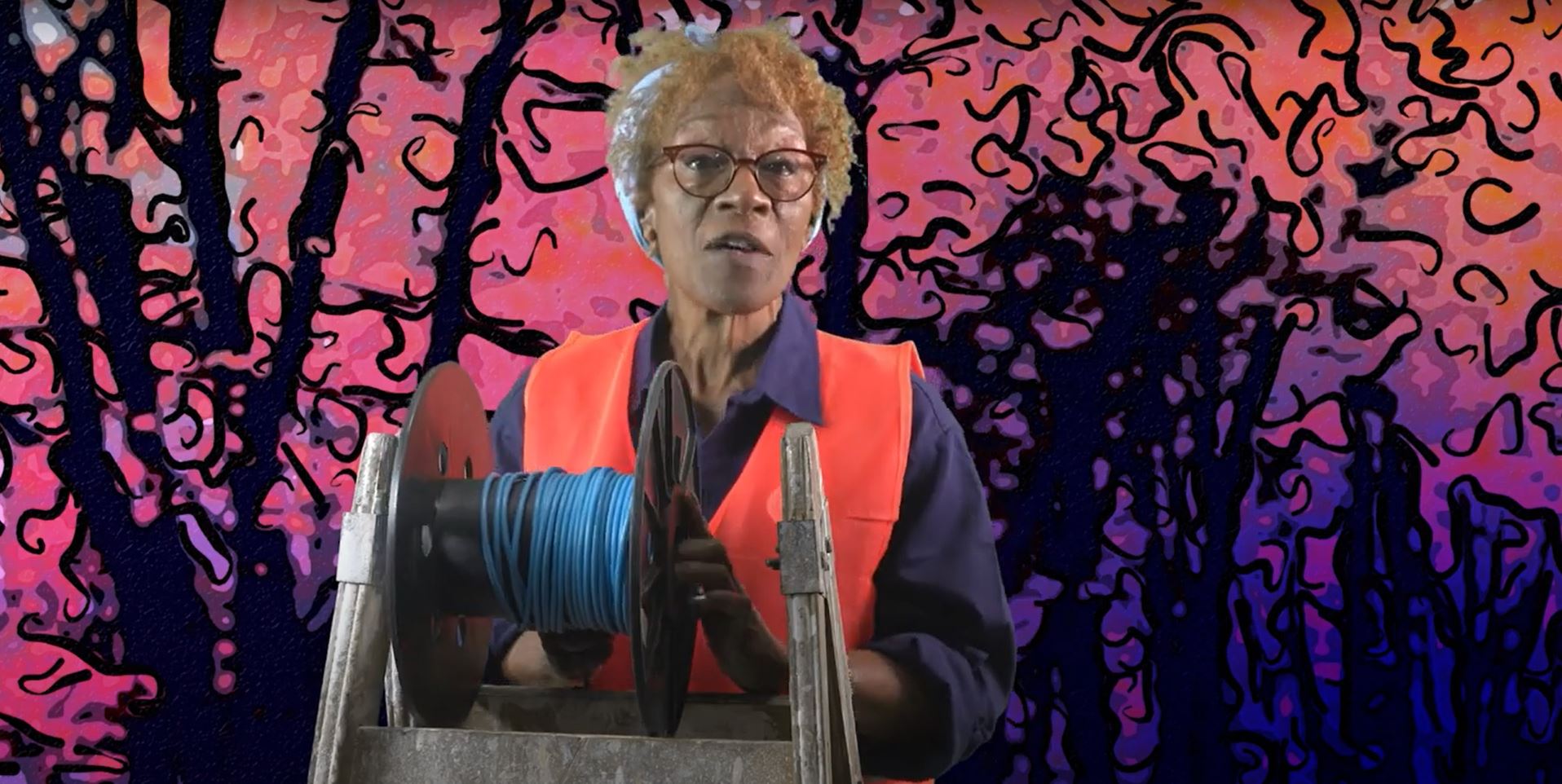 Fuego Amigo This video is a product of a collaboration between Alejandra Egido, director of the theatre company Teatro en Sepia, and Miriam Álvarez, director of the theatre company El Katango (Mapuche Theatre).
Fuego Amigo This video is a product of a collaboration between Alejandra Egido, director of the theatre company Teatro en Sepia, and Miriam Álvarez, director of the theatre company El Katango (Mapuche Theatre). -
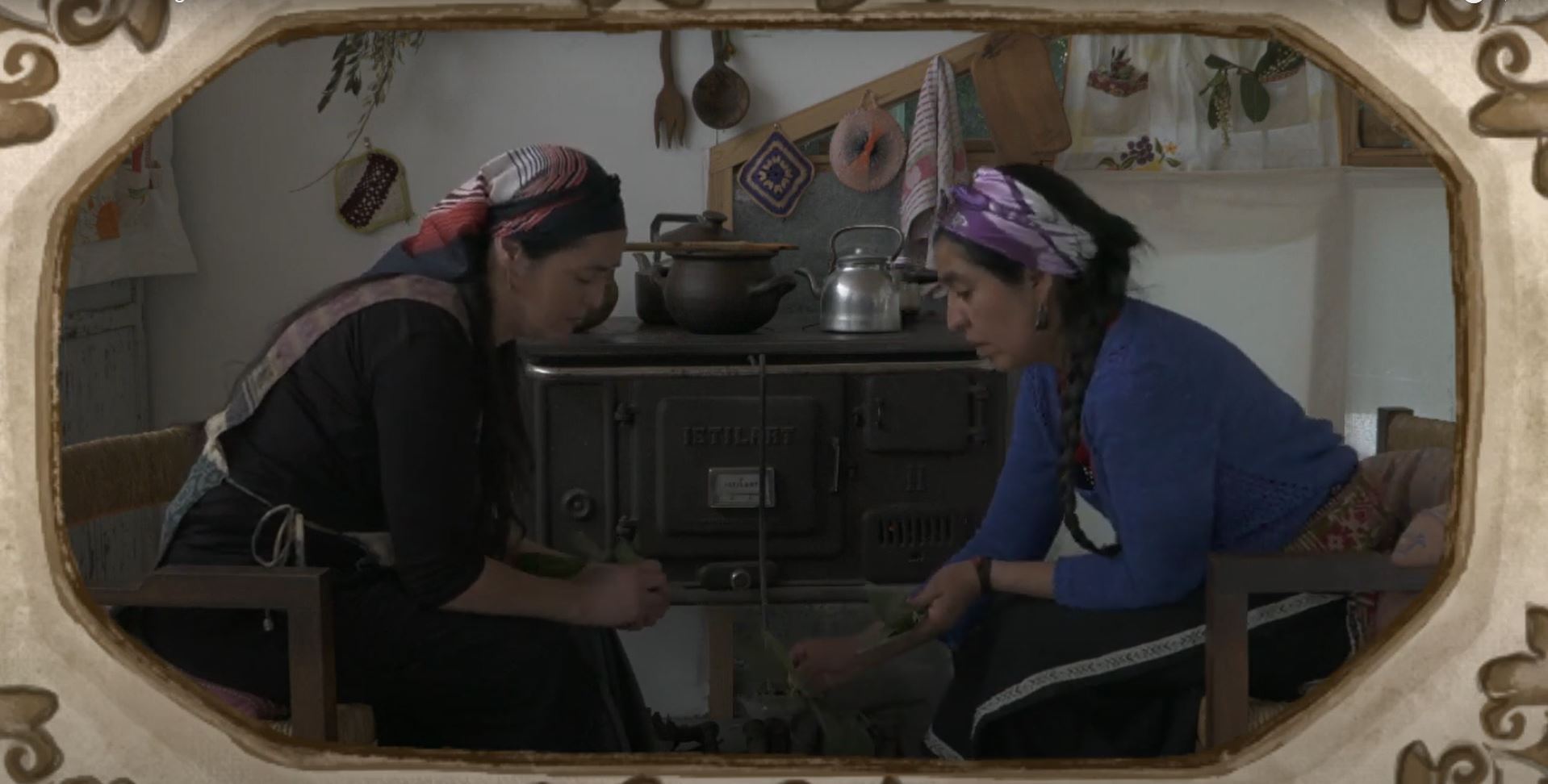 Las Hierbas This video is a product of the Katango Theater, Mapuche Theater Project. It shows two Mapuche women, Catalina and Feliciana, in the kitchen of a rural home, preparing an herbal remedy to cure Don Martiniano, a Mapuche longko (chief), who is ill. It ends with a segment of the film Escondidos al Oeste del Pichi Leufu in which Don Martiniano is heard talking about land dispossession.
Las Hierbas This video is a product of the Katango Theater, Mapuche Theater Project. It shows two Mapuche women, Catalina and Feliciana, in the kitchen of a rural home, preparing an herbal remedy to cure Don Martiniano, a Mapuche longko (chief), who is ill. It ends with a segment of the film Escondidos al Oeste del Pichi Leufu in which Don Martiniano is heard talking about land dispossession. -
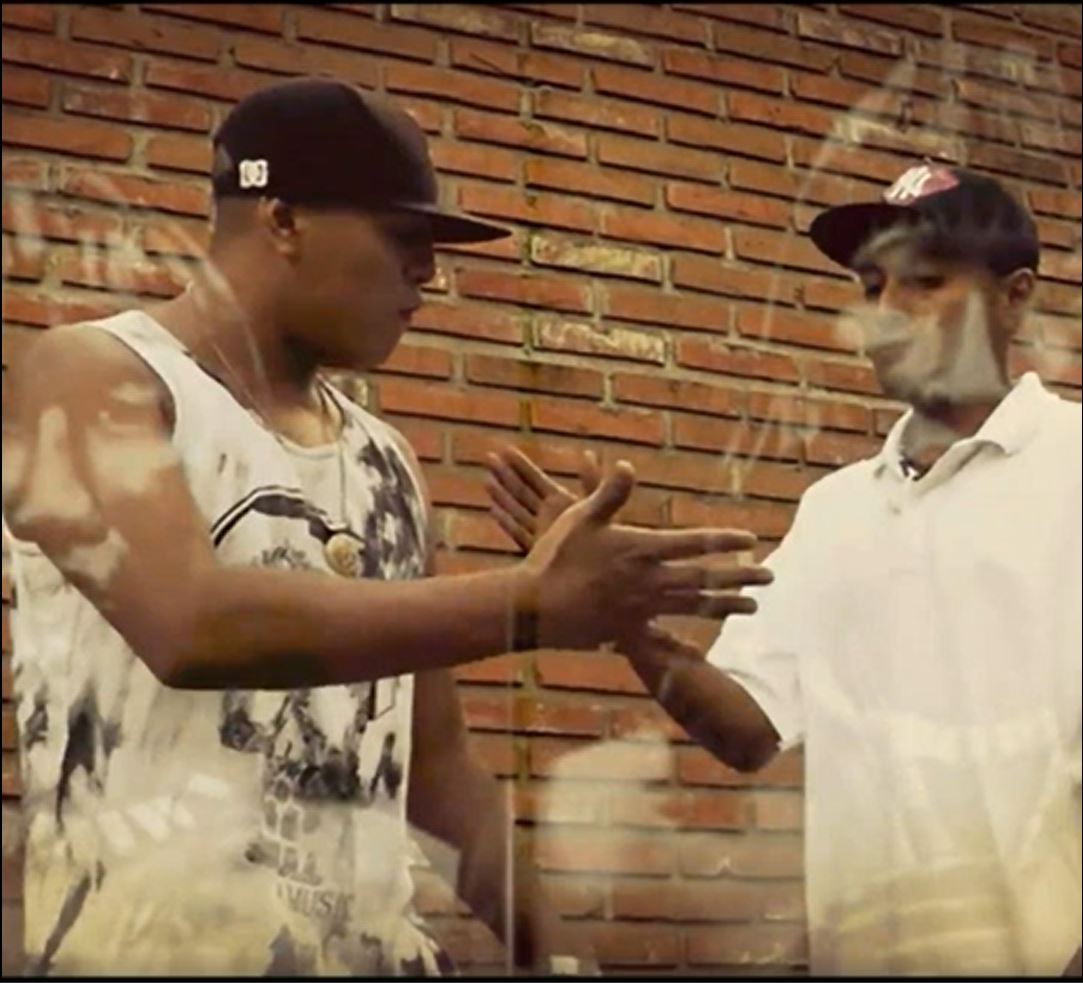 Eskina Qom podcast In this audio, the members of the hip hop group, Eskina Qom, talk about their music and experiences, answering questions asked by Ana Vivaldi and Lorena Cañuqueo, two researchers from the CARLA project.
Eskina Qom podcast In this audio, the members of the hip hop group, Eskina Qom, talk about their music and experiences, answering questions asked by Ana Vivaldi and Lorena Cañuqueo, two researchers from the CARLA project. -
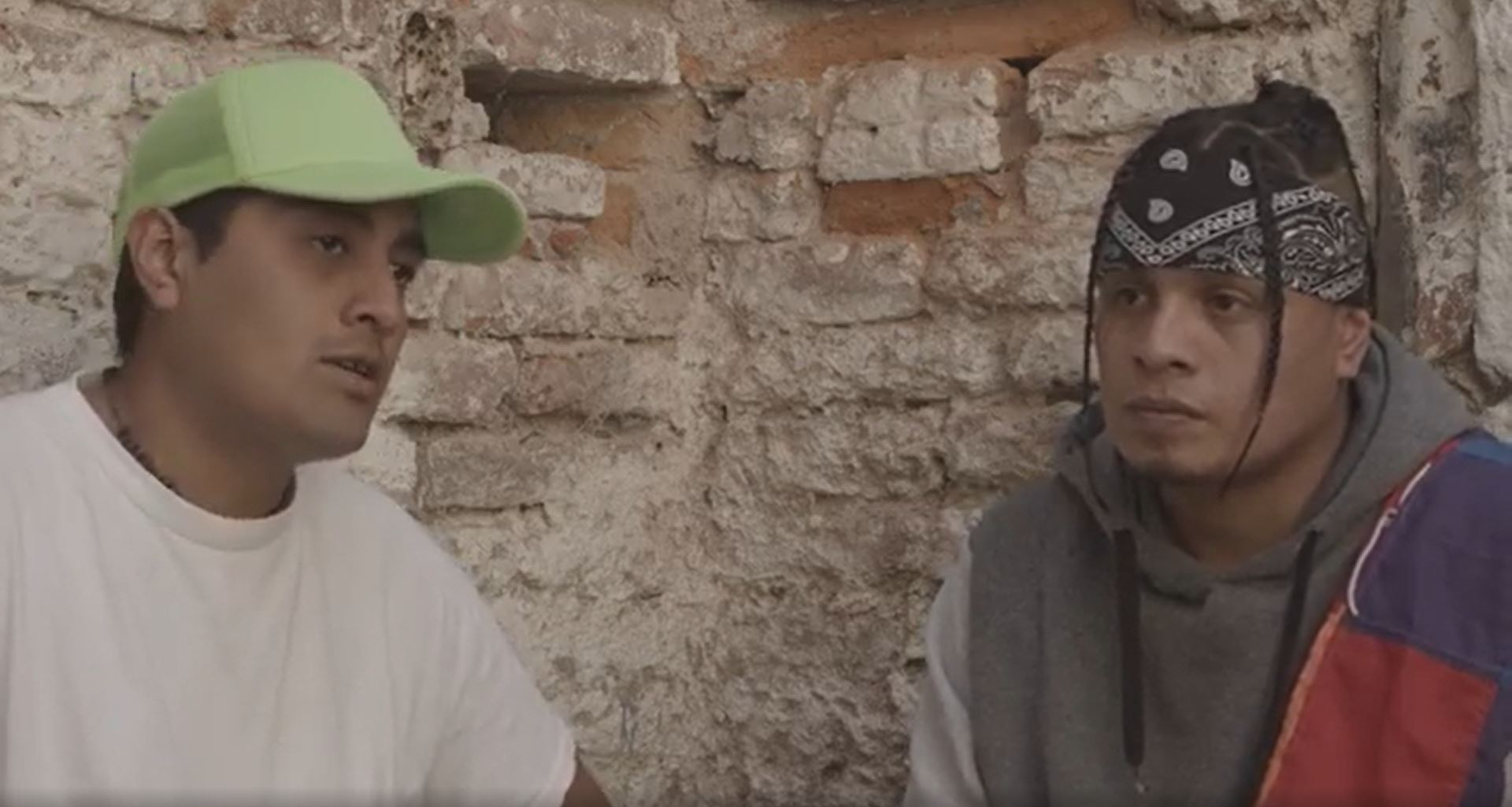 Eskina Qom: documental 60-minute documentary about the neighborhood hip-hop group from Argentina, Eskina Qom.
Eskina Qom: documental 60-minute documentary about the neighborhood hip-hop group from Argentina, Eskina Qom. -
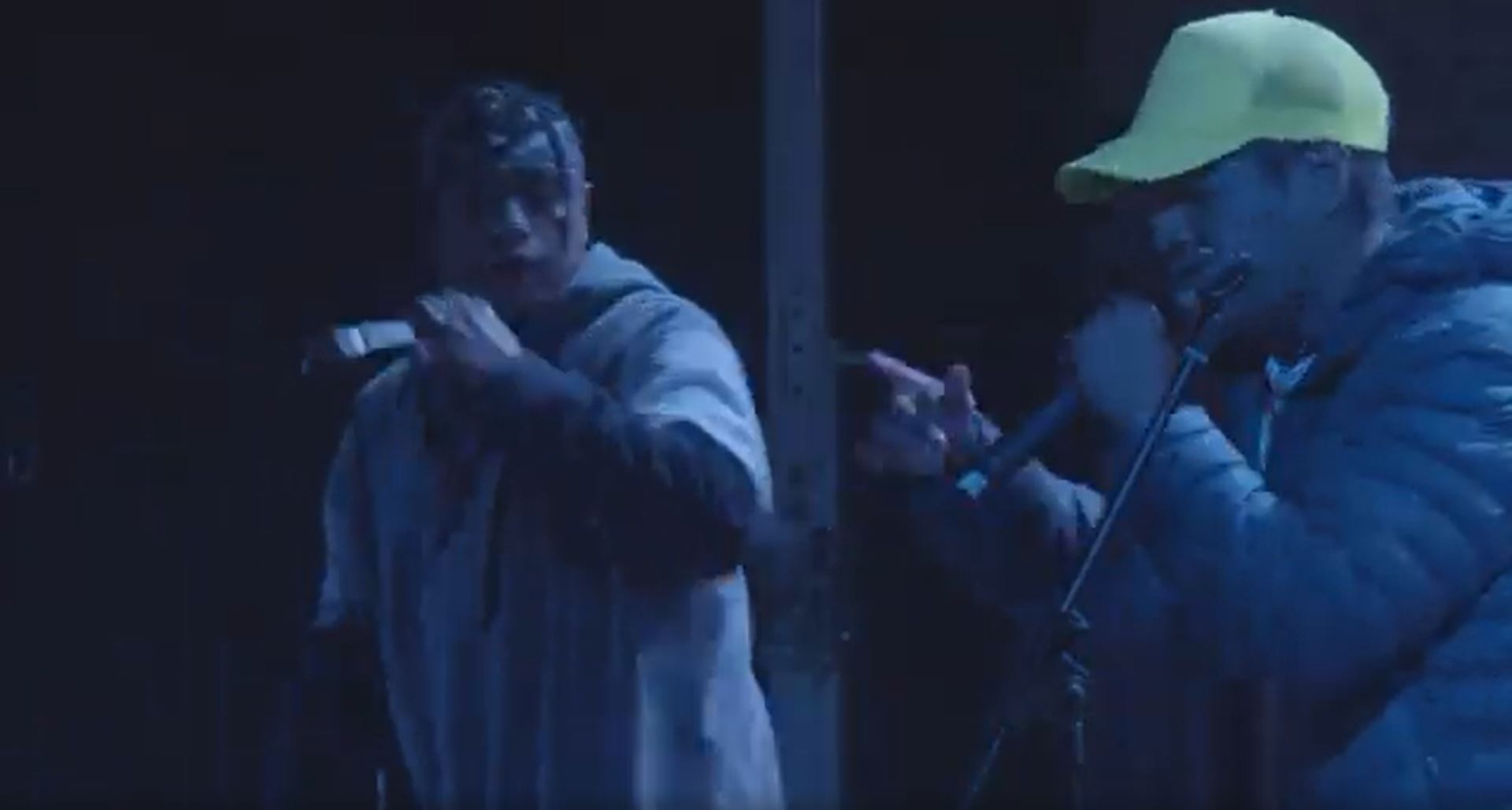 Video Clip Eskina Qom 6-minute video clip, featuing performance by neighborhood hip-hop group from Argentina, Eskina Qom.
Video Clip Eskina Qom 6-minute video clip, featuing performance by neighborhood hip-hop group from Argentina, Eskina Qom. -
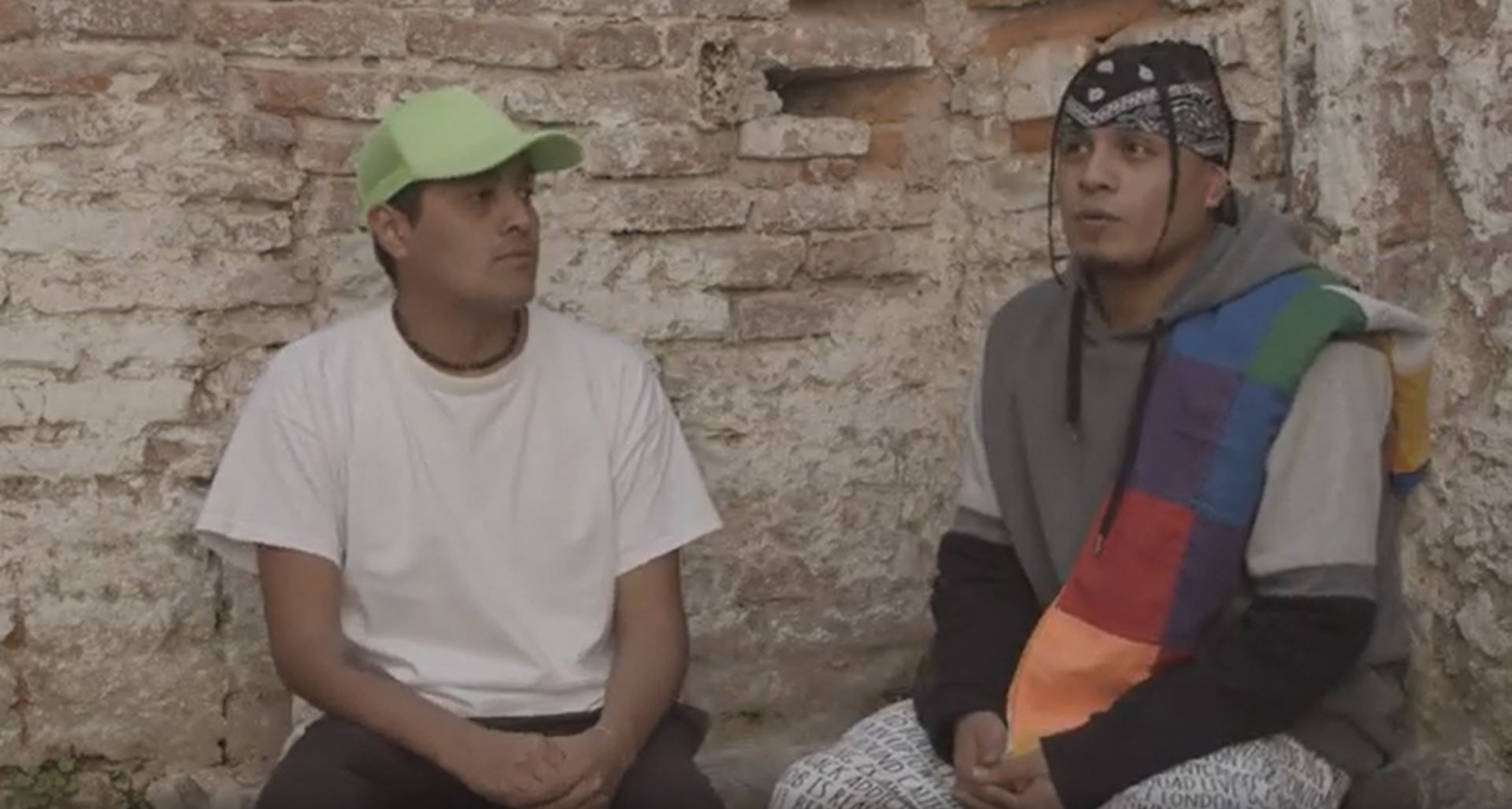 Eskina Qom Trailer This is a trailer for a 60-minute documentary about the neighborhood hip-hop group from Argentina, Eskina Qom.
Eskina Qom Trailer This is a trailer for a 60-minute documentary about the neighborhood hip-hop group from Argentina, Eskina Qom.

